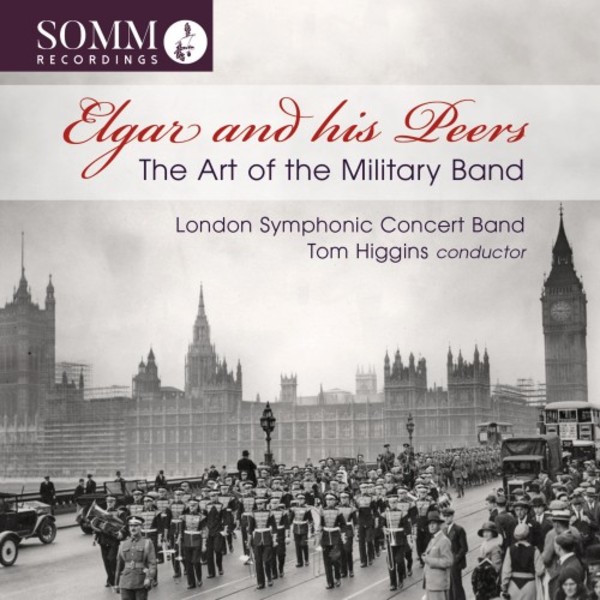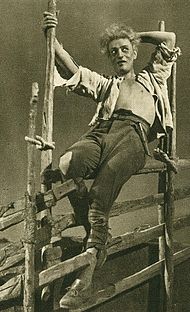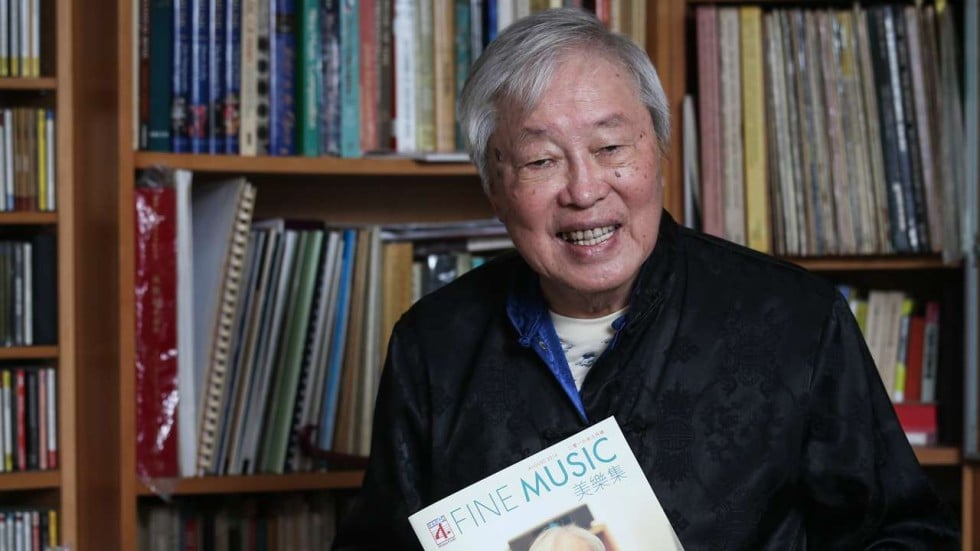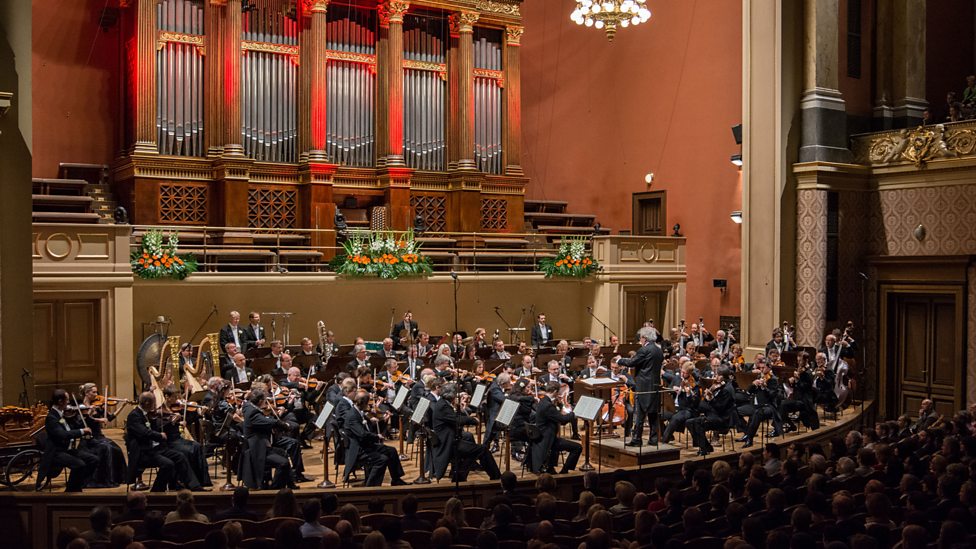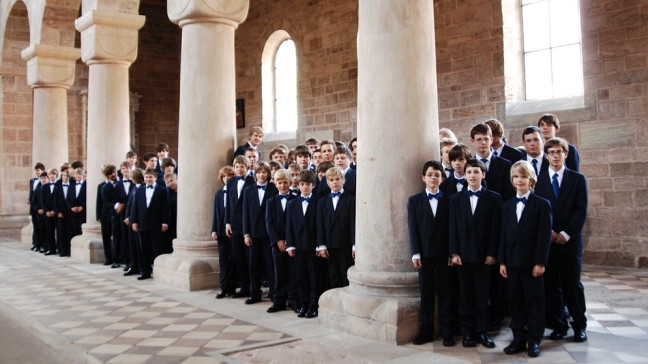Perhaps the most unusual musical event in London this summer: Beyond the Senses "One Colour, One Fragrance" (一色一香) where Chinese classical music is presented as music theatre - a new way of experiencing this most eclectic form of chamber music. It's "Atmospheric Music Theatre", pure, esoteric music, not opera, using subtle effects to extend the artistic experience. Using the natural timbres of Chinese musical instruments, coupled with poetry, songs, music, dance and various visual elements, the performance cultivates an appreciation of the culture behind the music.
The Wuji Ensemble are a group of virtuoso Chinese instrument specialists who, with Artistic Director the composer Law Wing Fai ( 羅永暉), create performances which connect music with emotional expression. Almost a new art form, this oblique, understated approach works well with the aesthetic of Chinese chamber music, where intense feelings are released in private contemplation. In Hong Kong, the Wuji Ensemble are well-regarded. In London, the Wuji style will be particularly rewarding for audiences who don't know Chinese music, or those with a background in western chamber music: the basic ethos isn't really so different, though the instrumental colours will be a wonder! Beyond the Senses comes to London as part of the Hong Kong Music Series, sponsored by the Hong Kong Arts Development Council. It's a one-off event, unlikely to repeated anytime soon unless you travel to Hong Kong for more. BOOK HERE for tickets on 15th July at the Shaw Theatre (near Euston Station) Please also see my article on the first concert in the Hong Kong Music Series, on 7th July at St John's Smith Square
Most of the music in Beyond the Senses is by Law Wing Fai, who was the founding Head of Composition of the Hong Kong Academy for Performing Arts, where he is still composer in residence. At Stanford, he did his Masters in Composition and Electronic Music. Although many of his works are primarily in the western orchestral style, he incorporated Chinese themes and instruments. His Chinese music is even more extensive, covering not only chamber music but also music for Chinese orchestra, choral works and opera. He also wrote music for avant garde Cantonese art film. A composer with an instinct for drama, a modern man revitalizing tradition. He's in Grove and also the Hong Kong Composers Guild.
Beyond the Senses features the renowned Kunju artist Kong Aiping in her ground-breaking reinterpretation of classical Chinese poetry. Set against a serene garden, the main character Ru Yu wanders around and starts to recite and sing about the scenery around her. She eventually realizes that what she sees and hears are but illusory and unreal, and slowly comes to realize the enlightenment and transcendence of life. On the stage, amidst the light strums of the pipa and voice, all enter into a realm of meditation and contemplation. Thus the performance begins with a recitation of a poem "Strolling in the Garden" , then travels through three scena where different pieces of music are connected by thematic images: Autumn Palette, Water Zen and Listening to the Incense, concluding in an improvisation. For programme and list of performers, please see HERE. Below, clips of some of the works included in the Hong Kong premiere in 2015.


